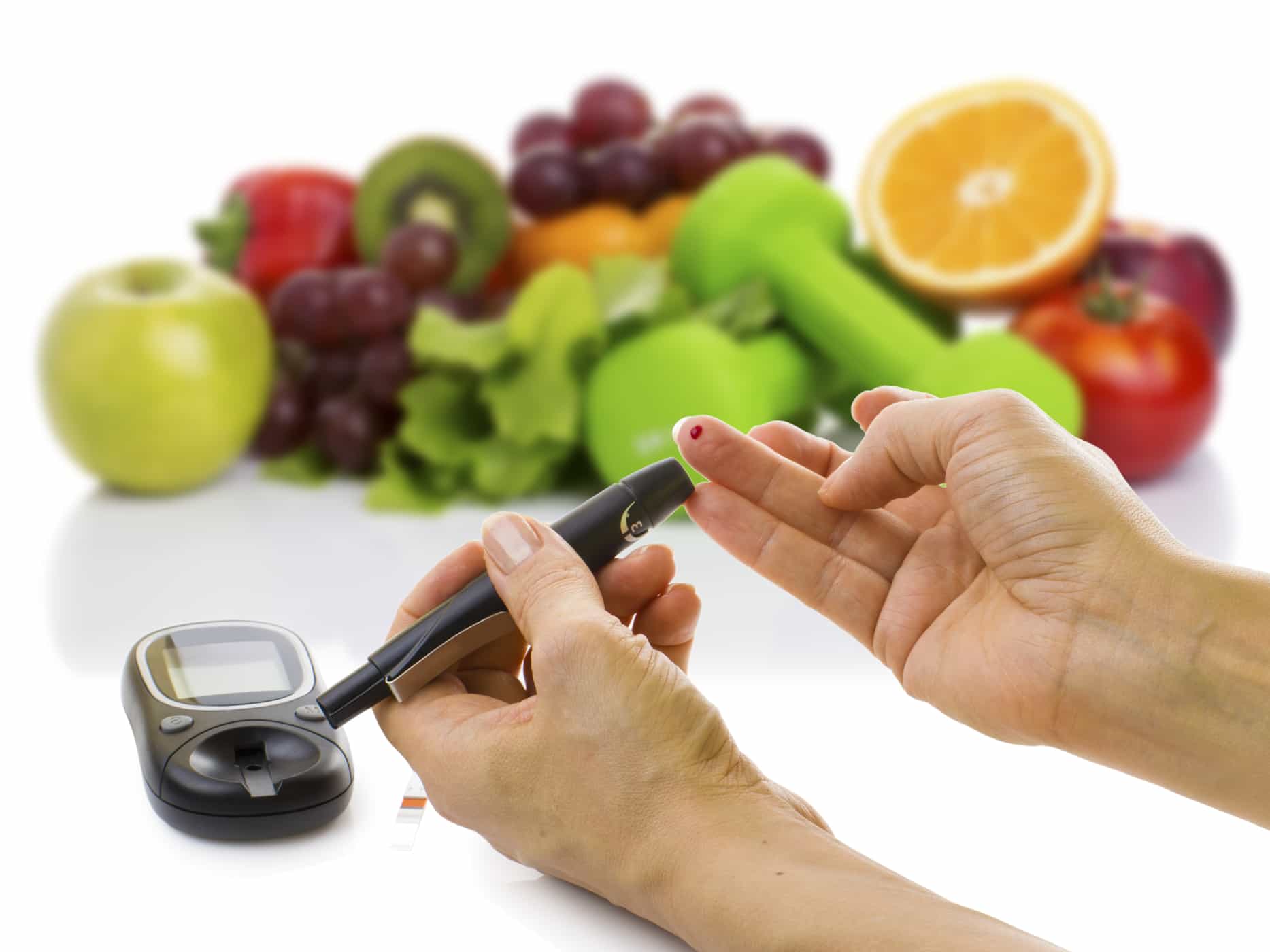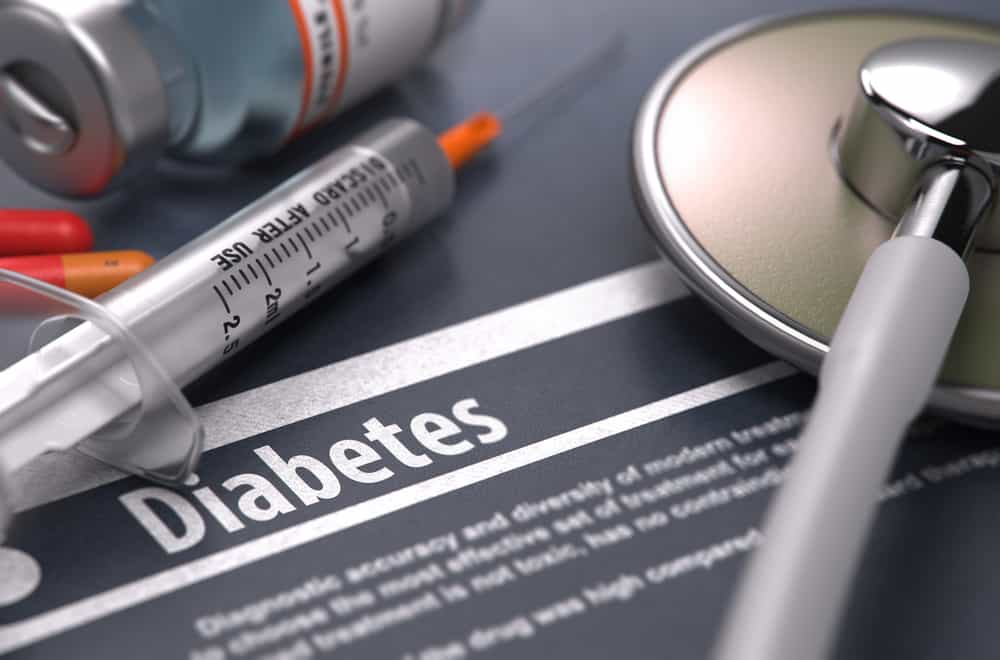Contents:
- Medical Video: The Role of Insulin in the Human Body
- Insulin sensitivity is the thing most needed by the body to maintain blood sugar levels
- 1. Enough sleep time
- 2. Lose weight and eliminate fat around the stomach
- 3. Actively moving
- 4. Regulate carbohydrate consumption
- 5. Avoid liquid sugar intake
- 6. Consumption of mineral supplements
Medical Video: The Role of Insulin in the Human Body
Insulin is a hormone that plays a role in the absorption of glucose (sugar) in the body and keeps blood sugar levels balanced. If insulin in the body cannot work properly (in terms of the body's response to insulin decreases), consequently blood sugar levels increase. When blood sugar continues to increase uncontrollably, this can then trigger diabetes.
To help the body work to absorb glucose more optimally, you need to have insulin sensitivity. Insulin sensitivity is the way the body increases its response to the hormone insulin.
Insulin sensitivity is the thing most needed by the body to maintain blood sugar levels
Here's how to improve your body's insulin sensitivity.
1. Enough sleep time
Adequate sleep time is a determinant of overall body health and its ability to function optimally. Conversely, lack of sleep can lead to various health problems caused by a decrease in immunity and a decrease in the body's ability to regulate blood sugar levels. Lack of sleep is also known to cause the body to not respond to insulin properly.
2. Lose weight and eliminate fat around the stomach
Having excessive body weight, especially accumulation of abdominal fat or distended abdomen aka central obesity, is a symptom of the metabolic syndrome. Being overweight due to excess fat is known to reduce insulin sensitivity especially in muscle tissue and liver. Decreasing weight through changes in lifestyle with regular physical activity and healthy consumption patterns is the right way to overcome more weight and increase insulin sensitivity.
3. Actively moving
Physical activity is one way to increase the body's metabolism. This can encourage the process of storing sugar in muscle tissue and increasing the body's response to insulin which can last up to 48 hours after physical activity depending on the type of exercise performed. That is why with regular physical activity, the body can become more sensitive to insulin.
4. Regulate carbohydrate consumption
Basically, reducing high-carbohydrate foods will help work insulin to be more effective. This is because carbohydrates are a type of food that can increase blood sugar levels and stimulate the pancreas gland to work hard to secrete insulin to reduce blood sugar levels.
Reducing carbohydrate consumption can be done by replacing carbohydrate food intake with those with low glycemic indexes such as potatoes, brown rice and oatmeal and avoid consuming foods with refined carbohydrates. If you can't get a low glycemic index type of food, you can also consume small amounts of carbohydrates and evenly distributed throughout the day so that the secretion of the hormone insulin can be more effective.
5. Avoid liquid sugar intake
Excessive consumption of liquid sugar or generally fructose sugar from food and beverages is known to be associated with insulin resistance and triggers the metabolic syndrome such as central obesity. This is because the liver will directly process excess liquid sugar in the form of fat.
In the long term, consumption of liquid sugar will trigger metabolic problems, disrupt insulin secretion signals and central obesity, liquid sugar is widely used in processed foods, soft drinks, packaged juices, energy drinks and agave syrup.
6. Consumption of mineral supplements
Another way to increase insulin sensitivity is to increase consumption of mineral supplements, such as chromium and magnesium. These two minerals are known to have good insulin sensitivity effects than other minerals. Chromium is a type of mineral used in the process of metabolizing fats and carbohydrates in the body.
To increase the sensitivity of the hormone insulin is needed around 200-1000 micrograms per day. While magnesium is a mineral that acts as a tissue receptor in the process of absorption of blood glucose levels. In addition, magnesium levels are known to tend to be low in individuals who experience insulin resistance conditions.












